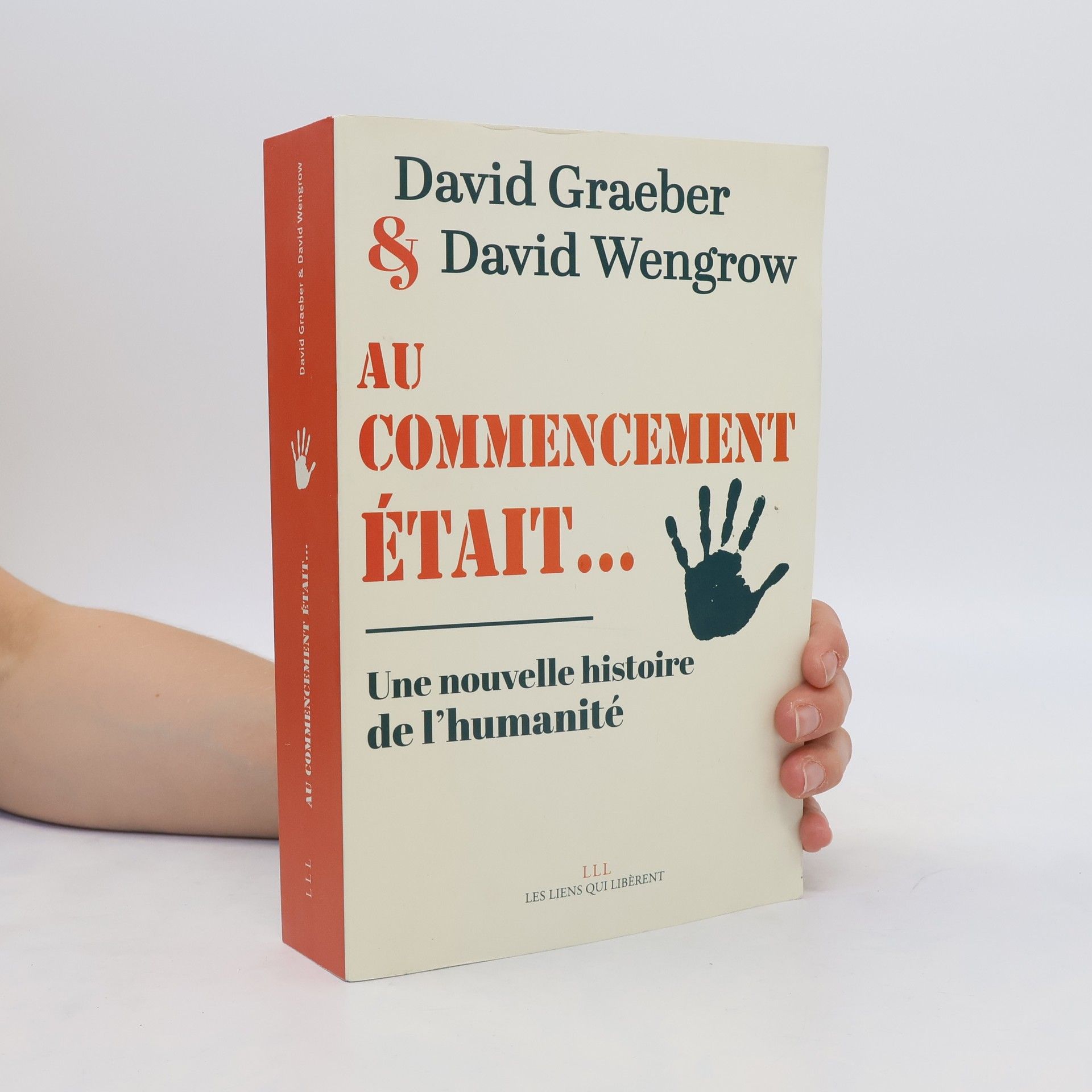Wie der Alte Orient dem Westen die Zukunft weist. Unsere heutige Welt hat ihren Ursprung im Alten Orient und in Ägypten. David Wengrow zeigt anschaulich, wie die Zukunft des Westens untrennbar mit der ungeheuren Dynamik der alten Zivilisationen verbunden ist, deren Erbe wir angetreten haben. Die Lehren aus diesem Zivilisationsprozess werden über das künftige Schicksal des Westens entscheiden. Der Drang nach Austausch, Vernetzung und Expansion kennzeichnet unsere Zivilisation. Der Bestseller-Autor David Wengrow beschreibt das Potenzial hemmungsloser Expansion und zeigt, wie viele Opfer Menschen bis heute im Namen einer fehlgeleiteten Vorstellung von Zivilisation in Kauf nehmen. In seinem ebenso originellen wie anregenden Vergleich der Hochkulturen entfaltet er die spannende Geschichte ihrer Entstehung und schildert ihr dynamisches Milieu: Vom »Kessel der Zivilisation« in Mesopotamien und im Alten Ägypten ausgehend, eröffnet er uns faszinierende Einblicke, was eine leistungsfähige Zivilisation ausmacht – und formuliert zugleich eine hochaktuelle Mahnung an uns heute, aus der unersättlichen Dynamik des Zivilisationsprozesses die richtigen Lehren für die Gestaltung unser Zukunft zu ziehen.
D. Wengrow Book order (chronological)
David Wengrow is a leading researcher in comparative archaeology. His work delves into the archaeology of human evolution, heritage and civilization in Iraqi Kurdistan, and the cultures of prehistoric and dynastic Egypt. Wengrow engages with profound questions about the origins and development of human societies. He explores how early cultures were shaped and what their remains can reveal about our shared human story.




The Dawn of Everything. A New History of Humanity
- 704 pages
- 25 hours of reading
Drawing on pathbreaking research in archaeology and anthropology, the authors show how history becomes a far more interesting place once we learn to throw off our conceptual shackles and perceive what's really there. If humans did not spend 95 percent of their evolutionary past in tiny bands of hunter-gatherers, what were they doing all that time? If agriculture, and cities, did not mean a plunge into hierarchy and domination, then what kinds of social and economic organization did they lead to? The answers are often unexpected, and suggest that the course of human history may be less set in stone, and more full of playful, hopeful possibilities, than we tend to assume
The Origins of Monsters
Image and Cognition in the First Age of Mechanical Reproduction
- 184 pages
- 7 hours of reading
Exploring the emergence of composite creatures in ancient art, the book argues that "monsters" became prevalent only with the rise of urban societies and trade networks, rather than being a universal aspect of human imagery. David Wengrow traces the origins and transmission of these fantastic figures, revealing patterns in human creativity and the interplay between culture and perception. Through this lens, the work challenges conventional views on the significance of monsters in historical visual production.